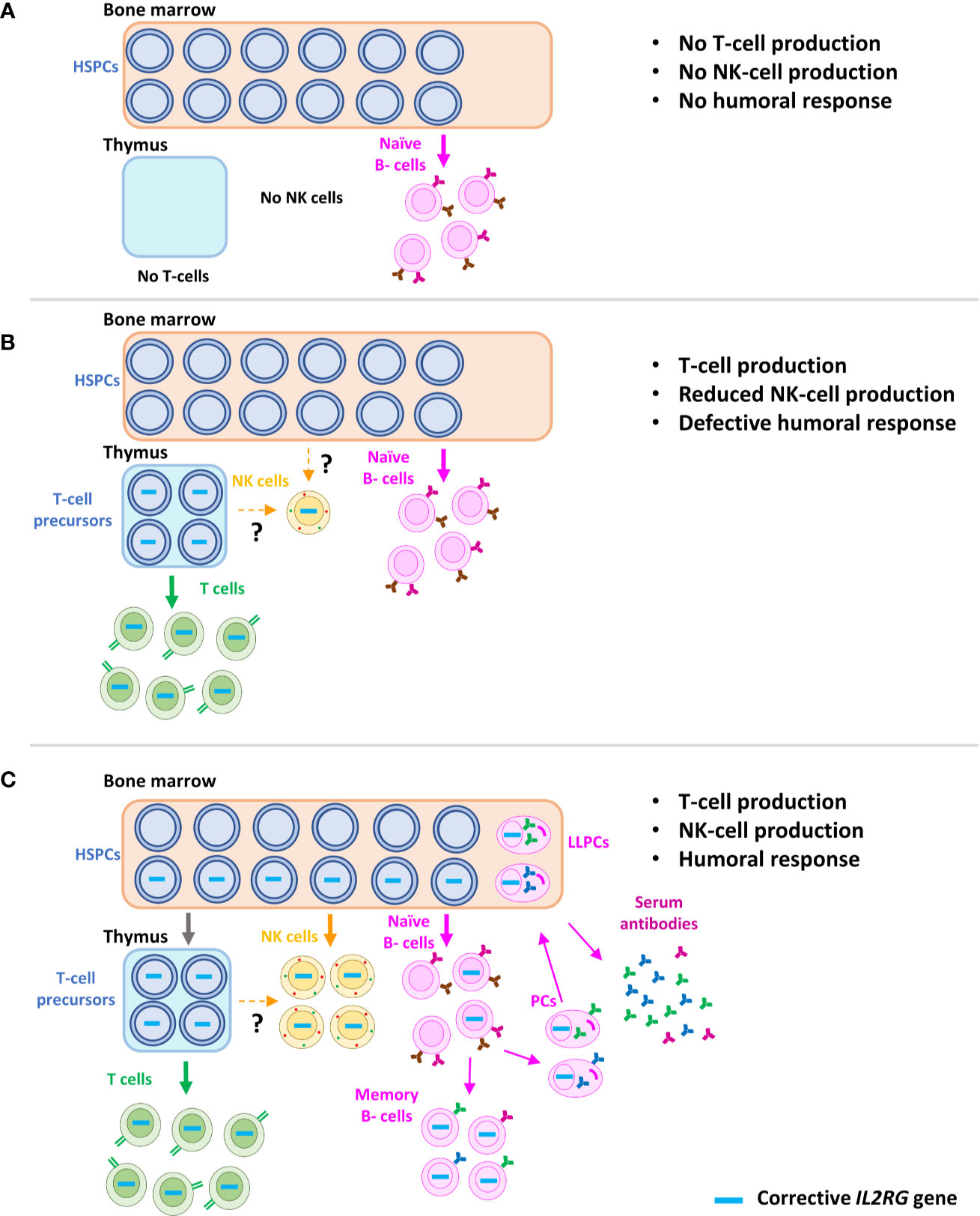

Since the defects are in the stem cells, if you can replace those stem cells with donor stem cells through HSCT or correct the person’s own stem cells with gene therapy, then all the subsequent cells being made by those stem cells will be normal. Cowan described stem cells as “little factories” that make all the cells in the blood and defects in the T, B, and Natural Killer cells (which are stem cells) cause SCID. “Newborn screening really has been life-saving, as far as I’m concerned,” said Dr.

When babies are identified with SCID younger, then infection doesn’t have time to develop, and treatment is more successful. states, has pushed the survival rate for SCID from as low as 60 percent to greater than 90 percent. Cowan said that newborn screening for SCID, which now takes place in all the U.S. Cowan is a pediatric immunologist, Emeritus Professor of Pediatrics, and Medical Director of the Pediatric Cell Therapy Laboratory at UCSF Benioff Children’s Hospital. A discussion of clinical trials using human monoclonal antibodies as an option for conditioningĭr.An overview of complications from treatment including toxicity from chemotherapy and radiation, graft versus host disease (GVHD), and failure to engraft.An explanation of prophylactic treatment and the hematopoietic stem cell transplant procedure, as well as the importance of the donor match.A presentation of SCID and how it’s diagnosed through newborn screening.An introduction to SCID and a history of treatment.Kapoor is professor of pediatrics at Children’s Hospital Los Angeles Keck School of Medicine, University of Southern California. Mort Cowan presented his information, “ SCID: Where are we and where are we going?” at IDF’s Rare of the Rare conference on September 26.ĭr. Neena Kapoor spoke to the community about “Severe Combined Immune Deficiency Disorders: Diagnosis and Therapeutic Interventions,” at the SCID Compass October 14 Lunch & Learn, and Dr. Two recent presentations, both provided by veterans in the field of treating children with severe combined immunodeficiency (SCID), offer an in-depth look at hematopoietic stem cell transplant, or HSCT (also known as bone marrow transplant), gene therapy, and the use of alternatives to chemotherapy for conditioning.ĭr.


 0 kommentar(er)
0 kommentar(er)
